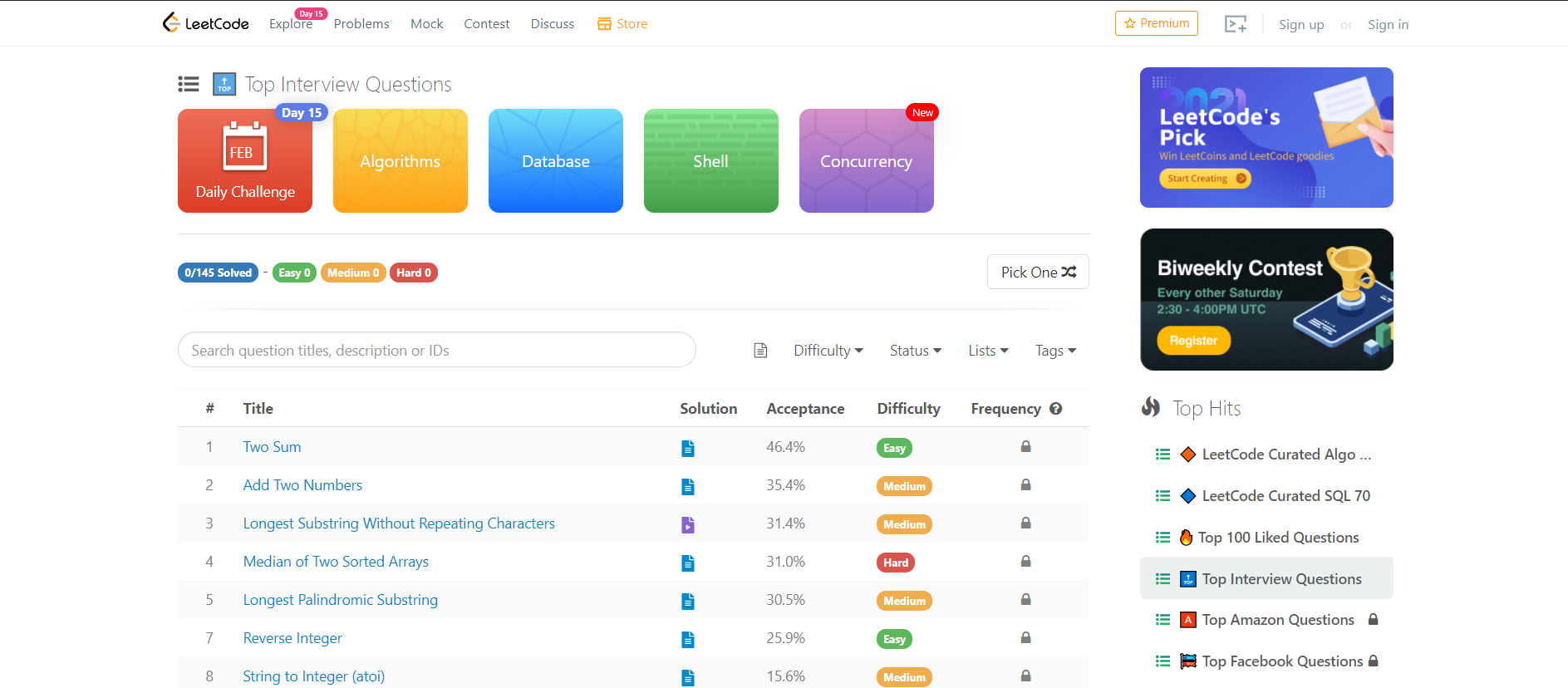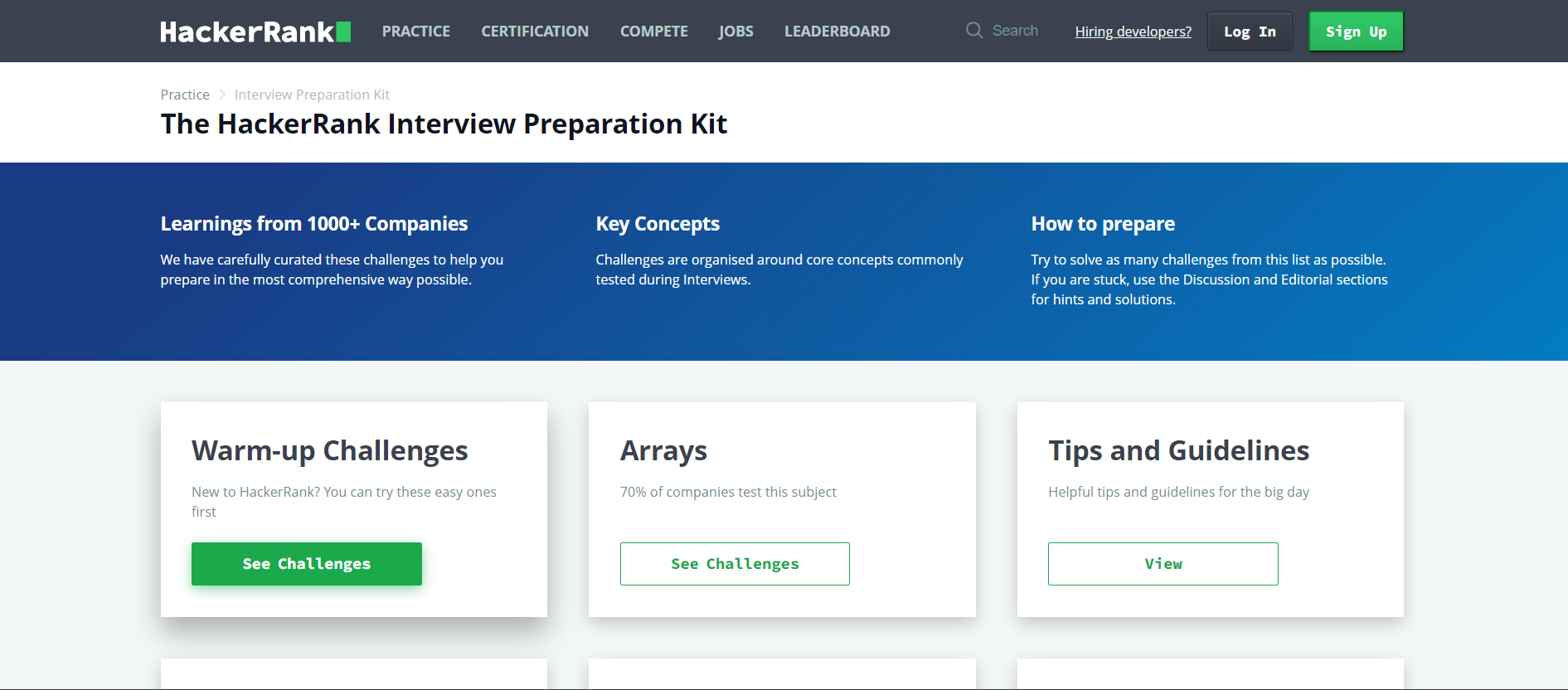Sometimes, the mere thought of having to sit through an hours-long grueling technical interview makes most job seekers break into a cold sweat. But with the abundance of IT-specialised graduates in the job market today, technical interviews have become the go-to skill assessment method for most tech positions in the job market.
Given that a tech interview is nearly inevitable for jobs in the IT industry, it would certainly help to know how to prepare and what to expect in such an interview.
What Is a Technical Interview?
Don’t let the name fool you. There is a lot more to technical interviews than just testing your programming or technical proficiency. In reality, it’s a multi-step and multi-faceted assessment of your overall abilities as a potential IT professional.
In most cases, a technical interview is a specialized and rigorous process that tests your coding skills, problem-solving abilities, and personality. Generally, this process consists of whiteboard challenges, remote or onsite problem solving, and code walkthroughs.
With so many aspects of the interviewee being put to the test, a tech interview can last anywhere from an entire workday to several sittings across multiple days.
Bigger companies even have multiple rounds of the same process so as to make sure that a person really is what their sparkly resume portrays them to be.
Of course, if you claim to be a full-stack developer or an expert in data analytics, rather than take your word for it, employers would want to see those skills and knowledge in action.
Types of Questions Asked in a Technical Interview
In general, the questions asked during a technical interview can be categorized into a few distinct groups:
Behavioral Questions
These questions are generally meant to gauge the strengths and weaknesses of your personal characteristics. There are generally no correct or incorrect answers here---your responses are simply used to gauge if you’re a good fit for the company’s work culture.
Situational Questions
Here, you may be given hypothetical scenarios (sometimes an adaptation of something unpleasant that’s happened in the company before) and asked how you would respond to the situation at hand.
Your ability to think clearly, lead people and communication skills can all come in handy when tackling such questions.
Questions About Your Educational Background
Although the employer probably already knows where and what you’ve studied after going through your resume, many interviewers still like to bring up the topic of your educational background.
This might be a good time to talk about why you chose your field of study and any valuable lessons you’ve learned so far.
Questions About Your Technical Knowledge and Experience
Here, you might be given a specific problem and be asked to implement a solution using a programming language of your choice.
In more difficult interviews, you might also have to implement a working solution on a whiteboard and explain its time and space complexity. You could also be given a random piece of code (generally written by other developers in the company) and be asked to walk the interviewer through it.
Clearly, there is a fair bit of variation in the type of questions you can be asked about your technical knowledge and experience. So how should you go about preparing for an interview that could catch even the best of us off-guard?
The Best Way to Prepare for a Technical Interview
The trick here is to study smart, not hard. Despite the wide assortment of possible questions or tasks you might face in a technical interview, everything can be deconstructed into smaller, more manageable tasks.
So, the first thing to do is to learn how to break a problem into smaller parts.
Learning How to Deconstruct Problems
As you break a problem into smaller parts, you can usually begin to identify sub-tasks that you’re likely already acquainted with. More often than not, they tend to test your core understanding of a concept.
From complex dynamic programming problems to analyzing algorithm complexity, going back to the basics always helps.
A good way to make sure that you know a programming topic or concept inside out is to implement what you know, experiment by making small changes to it, and assess how it changes the functioning of your solution.
But doing all this by yourself in an IDE may not be all that effective. Not only do you have to find challenging problems by yourself, but also design your own test-cases and personally evaluate the performance of your solution based on them. Worst of all, you have to spend time maintaining a local directory with all your work.
A better alternative is to use online programming assessment sites that offer an environment where you have access to all of the above without the hassle of having to organize your own work.
Online Programming Practice and Assessment
Platforms such as HackerRank and LeetCode have programming questions of varying difficulty on a wide range of topics.
This means that even if you have not coded in a while, you can start easy and progress to more difficult questions as you become more confident in your skills.
For the most part, these platforms are similar in terms of programming practice. They offer a variety of questions, corresponding test-cases, and a web-based editor to type and execute your code.
One thing that sets LeetCode apart is that questions here are often taken from real technical interviews and thus might be more reflective of actual questions you may face in an interview. With the premium membership, you can also see how often a particular question has been asked in an interview.
At the same time, a benefit of choosing HackerRank might be the fact that its environment is used by many companies in their own technical interviews. So, you’re able to get a more authentic interview experience when you practise on their platform.
Also, Hackerrank offers a useful custom-made Interview Preparation Kit that helps you train and test essential core concepts and skills.
Other Resources You Can Use in Your Preparation
Sometimes, it also helps to predict what kind of questions you might get in an interview and focussing your preparation based on that. In fact, the recurrence of popular questions has been pretty common in recent IT hiring cycles.
Fortunately, there is no shortage of helpful forums on the internet where you can find everything from common questions that people have encountered to personal recommendations that successful candidates might have.
For example, you can head over to r/cscareerquestions or r/internships on Reddit when preparing for an interview to gain insights that conventional resources might be able to give you.
What Happens When You're Done Preparing?
Of course, preparation is a continuous process that, in some cases, doesn’t end until the minute before the test or interview. However, with the content of a technical interview being open-ended for the most part, it's more helpful to be confident in what you know than it is to know as much as possible.
Once you’ve gone through questions and read up on important concepts, try to to set up a mock interview with someone you know.
Not only does this let you put your skills to the test, but it also helps you get comfortable with the otherwise unnerving interview environment.
Following this, the final step is to reflect on what you’ve learned and, most importantly, to have a good night’s rest before the day of the interview!




